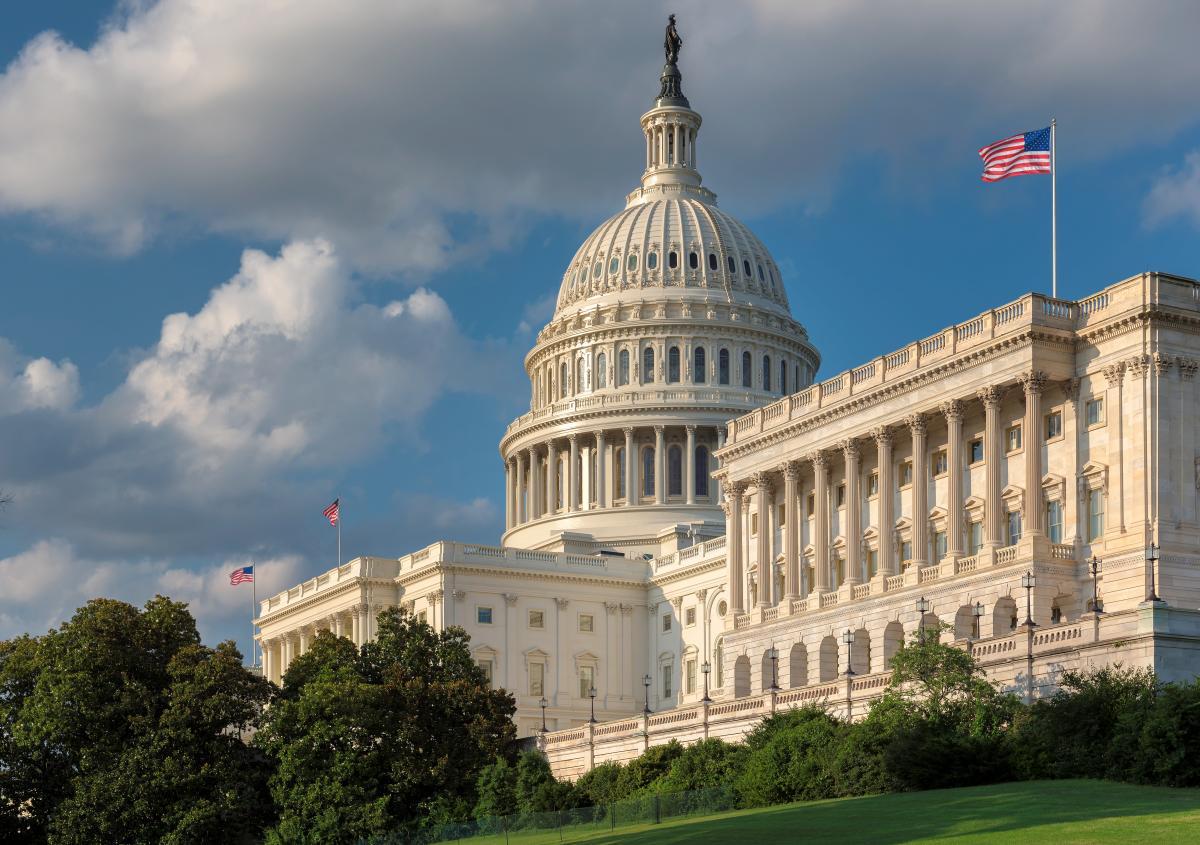 Despite bipartisan support from key lawmakers and others, the Setting Every Community Up for Retirement Enhancement (SECURE) Act of 2019 (H.R. 1994) remains in limbo.
Despite bipartisan support from key lawmakers and others, the Setting Every Community Up for Retirement Enhancement (SECURE) Act of 2019 (H.R. 1994) remains in limbo.
H.R. 1994 was approved by the House in May by a vote of 417-3. The bill then stalled in the Senate, at which point many observers predicted that it would be attached to must-pass spending legislation to fund the government and prevent a shutdown.
Federal fiscal year 2020 began on Oct. 1 without a funding measure in place, but Congress approved a temporary funding extension that lasted until Nov. 21. Congress has now approved another short-term funding extension – this time until Dec. 20 – but that measure does not include the SECURE Act.
There’s still a possibility the SECURE Act will be tacked on to a year-end “omnibus” bill that funds the government for the remainder of FY 2020, but time is getting short and various lawmakers and stakeholders are becoming more pessimistic the bill will be approved this year. Both the House and Senate will be out the week of Nov. 25 for the Thanksgiving holiday and will return the first week of December, after which they will have only three weeks to complete the funding legislation and other year-end priorities.
Sen. Ben Cardin (D-MD), who is a member of the Senate Finance Committee and a leading policymaker on retirement policy, spoke Nov. 13 at the AICPA National Tax Conference in Washington, where he reportedly expressed skepticism on the prospects for passage this year. “[U]nless we can get unanimous consent in the Senate, [the SECURE Act] is unlikely to move forward,” Cardin was reported as saying.
There have been attempts to bring the legislation up under expedited procedures in the Senate, but those attempts were rebuffed by members of both parties. Some of the hold-ups in the Senate have been related to various members wanting to make changes to the existing House-passed bill, including striking a provision providing pension funding relief for certain community newspapers that are struggling financially, as well as adding a provision that would expand Section 529 accounts to include home schooling expenses. Senate Democrats, for their part, appear to be insisting on sticking with the House bill as approved.
If the legislation doesn’t pass this year, it can still be approved in 2020, but it would need to be amended to adjust the effective dates, since many of the provisions in the current legislation would become effective for plan years beginning after Dec. 31, 2019.

